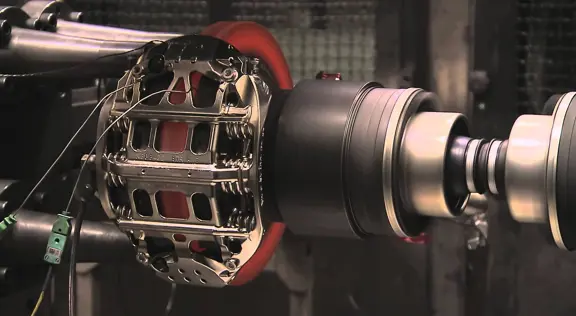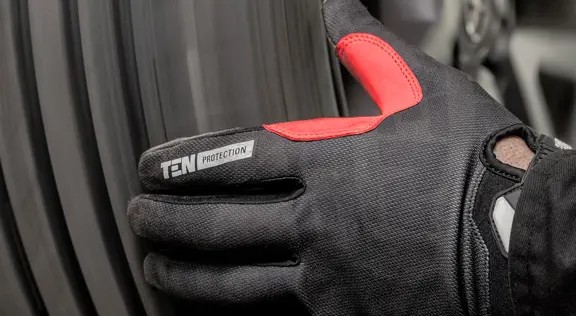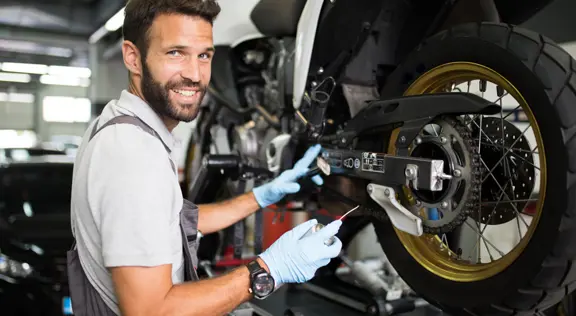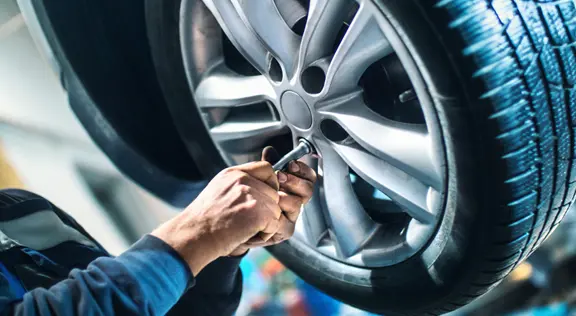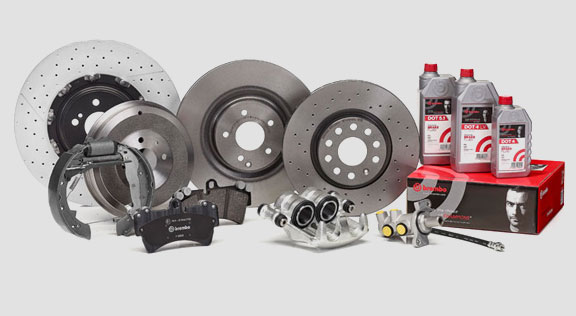Brake fading and vapour lock: two problems compared
What is brake fading and how to recognise it
Fading is a little-known, but crucial issue for driving a car. Brake fading occurs when braking system efficiency temporarily decreases due to overheating of the brake pads.
The friction between the disc and the pad generates a considerable amount of heat when braking under intensive use. In these conditions, at high temperatures, the friction material disperses gases generated by the combustion of its constituent resins. These gases interpose between the pad and the disc braking surface decreasing the friction coefficient. This phenomenon is known as fading.
The signs of fading that you should not underestimate are:
- Spongy pedal: The first sign is the brake pedal becoming "spongy", i.e. less responsive. Detecting this malfunction is easy because the pedal often tends to "sink" more than usual.
- Lack of braking efficiency: the feeling of lack of braking efficiency, especially in prolonged use, could be another sign of fading.
- Pungent smell: A pungent, burning-like smell coming from the wheels is also a typical manifestation of fading, indicating brake overheating.
What is vapour lock and how to recognise it
Vapour lock occurs when brake fluid reaches boiling point, forming vapour bubbles in the hydraulic circuit.
Brake fluid is hygroscopic, meaning that it absorbs moisture from the environment. If the brake fluid contains water, its boiling point will drop dramatically. In overheating conditions, water can vaporise, creating vapour bubbles in the braking system.
The signs of vapour lock that you should not underestimate are:
- Soft brake pedal: If the brake pedal feels softer than normal, it may be a sign of vapour bubbles in the circuit.
- Longer brake pedal travel: If you notice that you have to press the brake pedal harder than usual to achieve effective braking, it could be due to a vapour lock.
- Reduction in braking force: A noticeable decrease in braking efficiency, especially during or after heavy use (such as a long downhill stretch or prolonged braking).
In the event of a braking system failure, once you are sure that you are dealing with fading or vapour lock, it is important not to lose your cool. Try to reduce speed gradually using engine braking as much as possible and reach a place where you can stop and let the brakes cool down. In the event of a vapour lock, it is also advisable to bleed the braking system completely and change the brake fluid at the same time.
Differences between fading and vapour lock
| Fading | vapour lock |
|---|---|
| Spongy pedal | Soft pedal |
| Poor braking efficiency | Longer pedal stroke |
| Pungent smell | Less braking force |
Can fading and vapour lock be prevented?
Preventing the occurrence of these events is crucial for safe and comfortable driving and confident, anxiety-free braking. The factors that promote them are many and varied but trying to eliminate them and contain their effects helps to reduce overheating of the brakes or brake fluid and promotes safer driving.
Monitoring the condition of the brake pads and discs regularly is vital because excessive wear increases the risk of fading. Furthermore, a heat treatment known as scorcing is performed during the brake pad manufacturing process to avoid fading. It consists of heating the pad surface to 600/700 °C. The gases and resins included in the friction material are burnt off by the effect of the very hot temperatures and this helps to obtain a constant value of the friction coefficient.
On the other hand, some simple behaviours can be adopted while driving to avoid vapour lock. These include using engine braking when driving downhill and avoiding overloading the vehicle. Vapour lock is also prevented by changing the brake fluid regularly every two years or as prescribed and recommended by the vehicle manufacturer.
Always choose high-quality components
It is important to choose high-quality materials and components suited to your driving style.
Brembo brake pads, discs and brake fluid are superior quality components designed and tested to the highest construction standards. However, correct maintenance of the braking system is a prerequisite for obtaining maximum performance from your brakes.
For a sportier driving style, we recommend brake discs, pads and brake fluid from our xtra range also suitable for preventing fading and vapour lock.
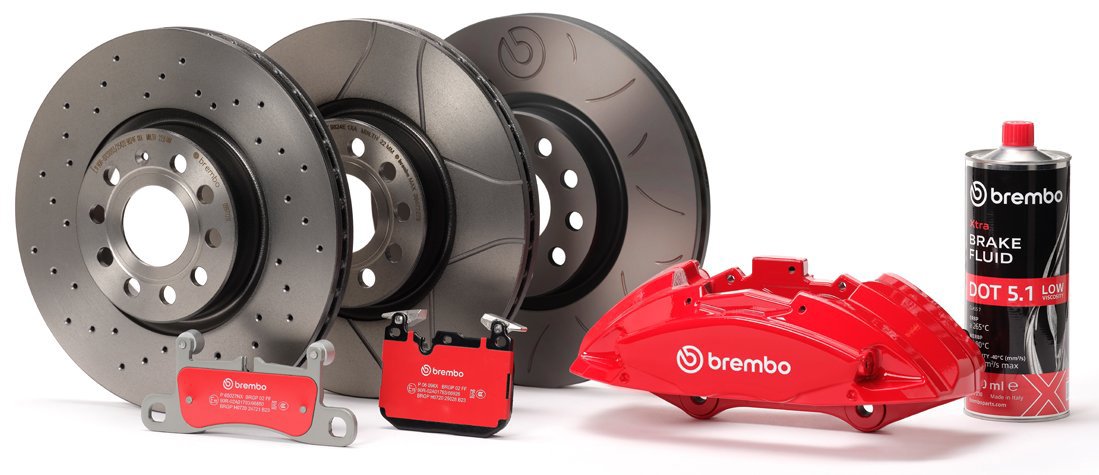
Is there anything else you want to ask?
Contact the Brembo technical support team. Our technicians will get back to you as soon as possible!
